In October 2021, Facebook was mired in controversy. Weeks earlier, the Wall Street Journal had begun publishing stories based on leaked documents Frances Haugen had provided that showed how the company ignored Instagram’s harmful impacts on teens and Facebook’s contribution to violence around the world. CEO Mark Zuckerberg was not happy and was determined not to let there be a repeat of the scandal that consumed the company in 2018.
Ahead of a keynote presentation at the company’s annual Facebook Connect, Zuckerberg addressed the leaks, but not in the way many might have imagined. He acknowledged the concerns they presented, then turned the table, claiming his critics were people who would never find it to be “a good time to focus on the future.” Instead, he was representing those doing the hard work, saying the future will only be built “by those who are willing to stand up and say, ‘This is the future we want and I’m going to keep pushing and giving everything I’ve got to make this happen.’” He clearly saw himself as part of that group, even though the future in question was the metaverse.
That moment represented an important shift; one that’s become much more apparent three years later. In the twelve months, Zuckerberg has started working out, changed his hairstyle, and is wearing gold chains, but most importantly, he’s given up on trying to seriously respond to his critics. Instead, as one of the richest men in the world, he wants to do what he pleases regardless of the consequences and be praised for those endeavors. That doesn’t mean the harms created by Zuckerberg’s companies have lessened, but his public relations team are working hard to direct people’s attention away from them — and, shamefully for the media who cover the company, it’s working.
Remaking Mark Zuckerberg’s image
As recently as five years ago, Zuckerberg was arguably the most hated executive in Silicon Valley. Facebook was accused of helping enable Brexit in the United Kingdom and Donald Trump’s election in the United States (often inaccurately, to be fair), but more broadly, the company was rightfully skewered for its mass data collection and the poor decisions it was making on content moderation. Facebook’s neglect contributed to the genocide against the Rohingya people in Myanmar, and despite those issues, several years later former Facebook data scientist Sophie Zhang leaked documents showing its poor moderation in many parts of the world was a factor in political destabilization. Even the company’s US content moderators faced poor working conditions, let alone the much more poorly staffed teams around the world working in other languages.
But there was a political angle to this too. Conservatives have long claimed the mainstream press holds a “liberal bias,” and they’ve used that claim as a cudgel to consistently push major outlets to legitimize more and more extreme right-wing perspectives over the course of several decades. As social media rose and became politically important, they saw the opportunity to use that same strategy once again, claiming the platforms suppressed conservative voices and used the combined power of right-wing media and congressional authority to push executives to make decisions that benefited right-wing users and narratives.
Roundup: Don’t buy the “Zuckessance”
In the 2010s, a more politically naive Zuckerberg began hiring on more Republican advisors and executives, who helped shape the policies of the platform to ensure extreme right-wing media was legitimized and that users espousing those views would not be overly moderated or penalized. Chief among them was Joel Kaplan, who worked in the George W. Bush administration before later heading up Facebook’s global public policy team. Employees at the company described how he crafted policies — with Zuckerberg’s approval — that delayed the suspension of extremist figures like Alex Jones and ensured groups like the Oath Keepers could continue organizing on the platform ahead of January 6, 2021.
An internal memo from December 2020 claimed Kaplan would protect “powerful constituencies” by allowing right-wing pages to get away with spreading misinformation, limiting enforcement against conservative accounts, and shaping decisions about what would appear in people’s news feeds. Setting up a more lenient enforcement mechanism for conservatives was how Zuckerberg believed he would get out of their crosshairs, but in fact it showed them their strategy was working. That right-wing pressure only escalated after Facebook started doing the bare minimum during the early part of the pandemic to try to rein in misinformation about Covid-19 and the vaccines.
Embracing right-wing politics
Whereas the Zuckerberg of the past tried to placate Republican content pressures and Democratic investigations of the company’s wider social harms, he’s begun taking a very different stance — and that’s been reflected in his personal politics. A recent story in the New York Times explained that while Zuckerberg used to present himself as a supporter of liberal causes — and engaged in philanthropic efforts to that effect — he’s more recently started identifying as a libertarian or “classical liberal.” For Zuckerberg, that means an opposition to regulation, an embrace of free markets, and an openness to social justice, as long as it doesn’t involve calling out Israel for its war crimes in Gaza — and surely not taxing people like him more either. Let’s be clear: it’s nothing more than a billionaire embracing right-wing politics that are designed to serve his interests.
In recent months, Zuckerberg has called Donald Trump a “badass” and there have been reports they’ve spoken on the phone on more than one occasion. He gave a win to Republican Congressman Jim Jordan, saying Facebook was “wrong” to “censor certain covid-19 content” after he was supposedly “repeatedly pressured” to do so by the Biden administration. He also confirmed he will not donate to support local election offices around the United States in this cycle, after his donation to that effect in 2020 was portrayed as “Zuckerbucks” by Republicans trying to claim the election had been stolen by Democrats. But that political shift, along with his outward makeover, has corresponded to a change in how he approaches his platforms too.
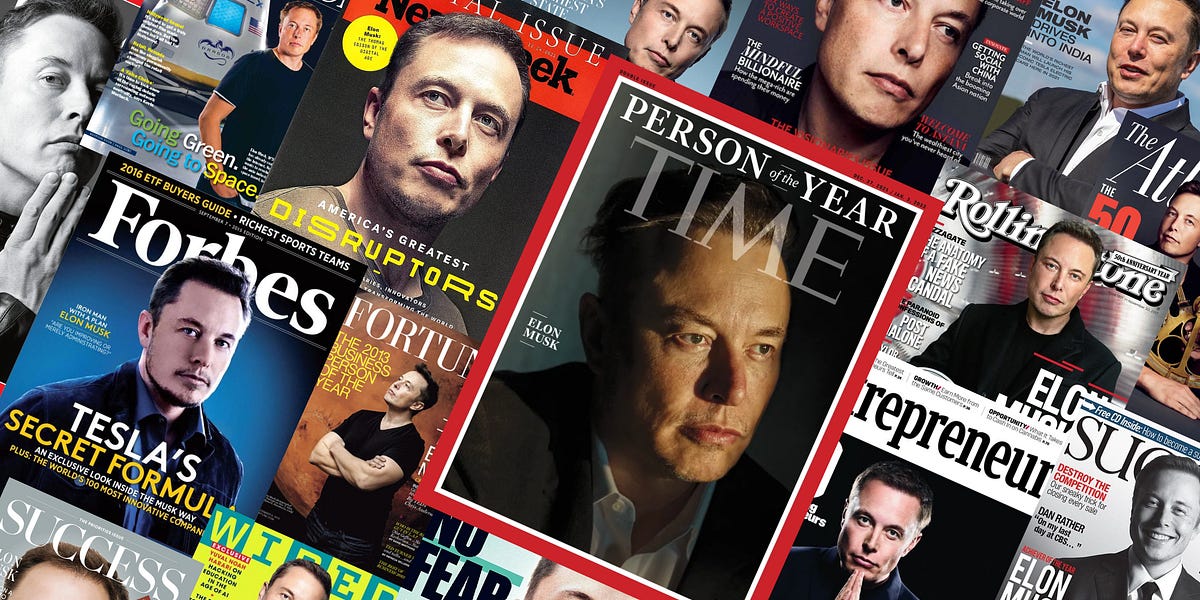
The days of placating are over; now Zuckerberg just wants to be done with the complaints and move on to other things, while still enjoying the ad profits from his legacy platforms. After Elon Musk overhauled Twitter/X’s approach to moderation and suspensions, Zuckerberg took the opportunity to start making his own changes. Meta has downgraded “political” content across its platforms, yet right-wing misinformation continues to spread through dedicated pages, and lifted the limits placed on Donald Trump’s accounts several years ago. The company has also made it harder for researchers to see what’s happening on the platform by shutting down a tracking tool called CrowdTangle and claims it wants to allow users to choose the type of content they see — effectively shifting responsibility to users and allowing people to see vile, hate-filled garbage if they so choose.
Make no mistake: these decisions are a prime example of conservatives getting their way and succeeding in reshaping the platforms that we use to communicate and find out what’s happening in the world around us. Zuckerberg surely wants the political pressure — especially that coming from Republicans — to go away, but he also doesn’t really care about the impacts of his decisions as long as he can play at being the great future-builder he sees himself to be. The problem is that whereas these decisions would’ve received ample press a few years ago, today they pass a just another story in the news cycle, showing how successful Meta’s public relations team has been.
Reshaping the corporate narrative
The metaverse effort Zuckerberg unveiled in 2021 wasn’t just about his personal desire to go big on virtual reality — the company had bought Oculus for $2 billion in 2014 — it was also about trying to turn the page and write a new narrative. To some degree, that worked. The scrutiny on Facebook didn’t fully go away, but Zuckerberg was no longer just the evil social media baron — he was increasingly the nerd king with a cartoonish avatar taking a photo in front of a virtual Eiffel Tower and expecting us all to want to join in with our own legless virtual selves. It was better to be laughed at than roundly reviled.
That was the first stage of the rebrand, and over the past year we’ve seen the second stage, which has been far more effective, as the Meta Connect presentation at the end of September put on full display. Coming out of that showcase, few people were talking about social media — even though that’s the company’s main business and, as I’ve described, the company has been reshaping its platforms in unsavory ways. Instead, the talk and press coverage was all about AI (given the current hype cycle) and even more so a set of surveillance glasses (my words, not Meta’s) called Orion that are more of a tech demo than a real product.
In the days that followed, we were treated to glowing write ups about the glasses that were long on praise and short on context: namely, the ongoing problems with the company’s business, the longstanding privacy concerns with camera-enabled glasses, or the fact Meta has spent a decade and tens of billions of dollars just to build this product that still looks quite bad, has a paltry battery life, and costs $10,000 to make. Like with the metaverse, the idea that Zuckerberg was building the next big platform was everywhere — with no real proof we’re ever going to abandon our smartphones for glasses, and certainly not in the near future.
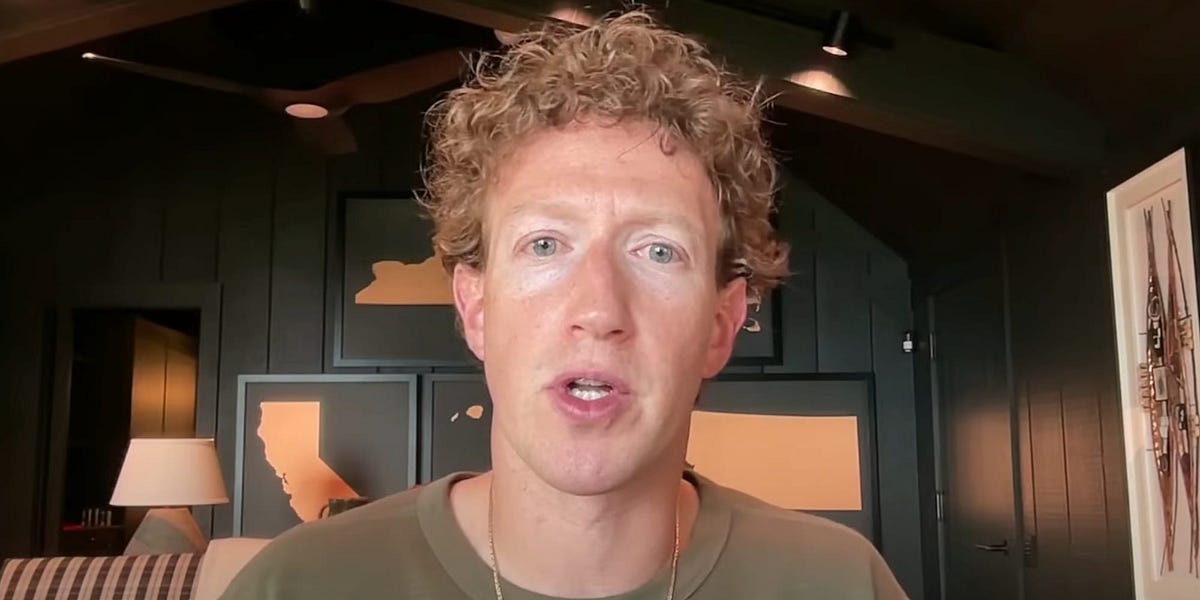
When Zuckerberg sat down with The Verge for one of their regularly scheduled softball interviews, he did make some surprising statements, but they were treated as secondary to his vision for the next big thing. On the AI front, he made the argument that stealing data to train AI models should be considered fair use and that “individual creators or publishers tend to overestimate the value of their specific content.” Like Meta has done with news, Zuckerberg said they’d simply remove content if its makers demand payment — but that doesn’t mean Meta is going to open up a way for people to ask their data be removed from the company’s datasets. Even more importantly, he disputed the growing controversy over the effects of social media on the mental health of teens.
At another time, those statements that would have received a lot more scrutiny because they play into broader issues with key parts of the company’s business. But because they came at the same moment Meta was unveiling a flashy tech demo and in the broader context of Zuckerberg’s personal rebrand, the news cycle quickly moved on and placed its focus on what Zuckerberg wanted the focus to be on: his grand vision for the future. But that future is a distraction that may never arrive, designed to shift the spotlight away from the present and allow Zuckerberg to evade the accountability he deserves.
Mark Zuckerberg has changed, but not in the way the narratives disseminated by his PR team suggest. He is not done with politics; he’s simply adopting a more right-wing worldview that’s more aligned with his interests and that he hopes will lessen the scrutiny applied to his company. But more than anything, he’s decided he doesn’t have to answer to critics anymore. He’s the second richest person in the world and can’t be dislodged from his company. His platforms will keep causing harm, but as long as he pushes a story about the future he hopes he won’t be held to account like he was in the past — and so far, that gamble is working.



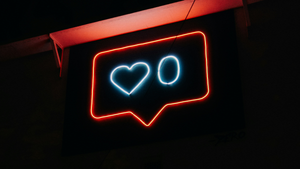




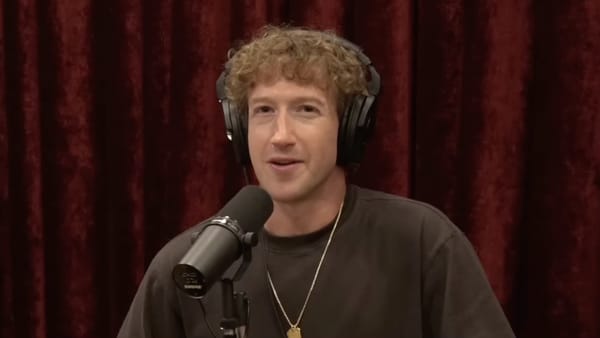
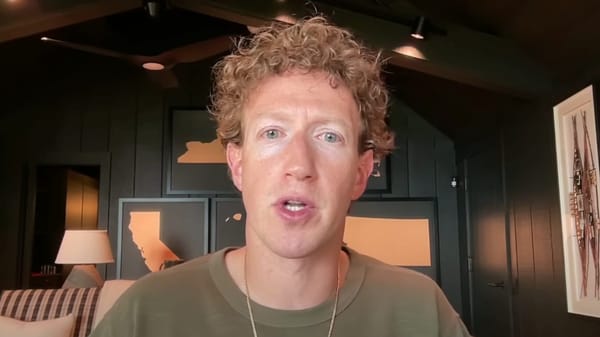
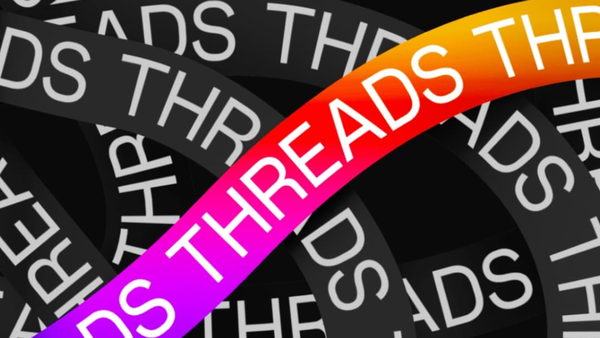
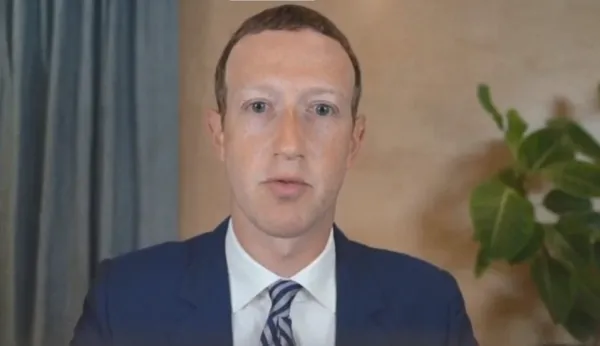
Member discussion